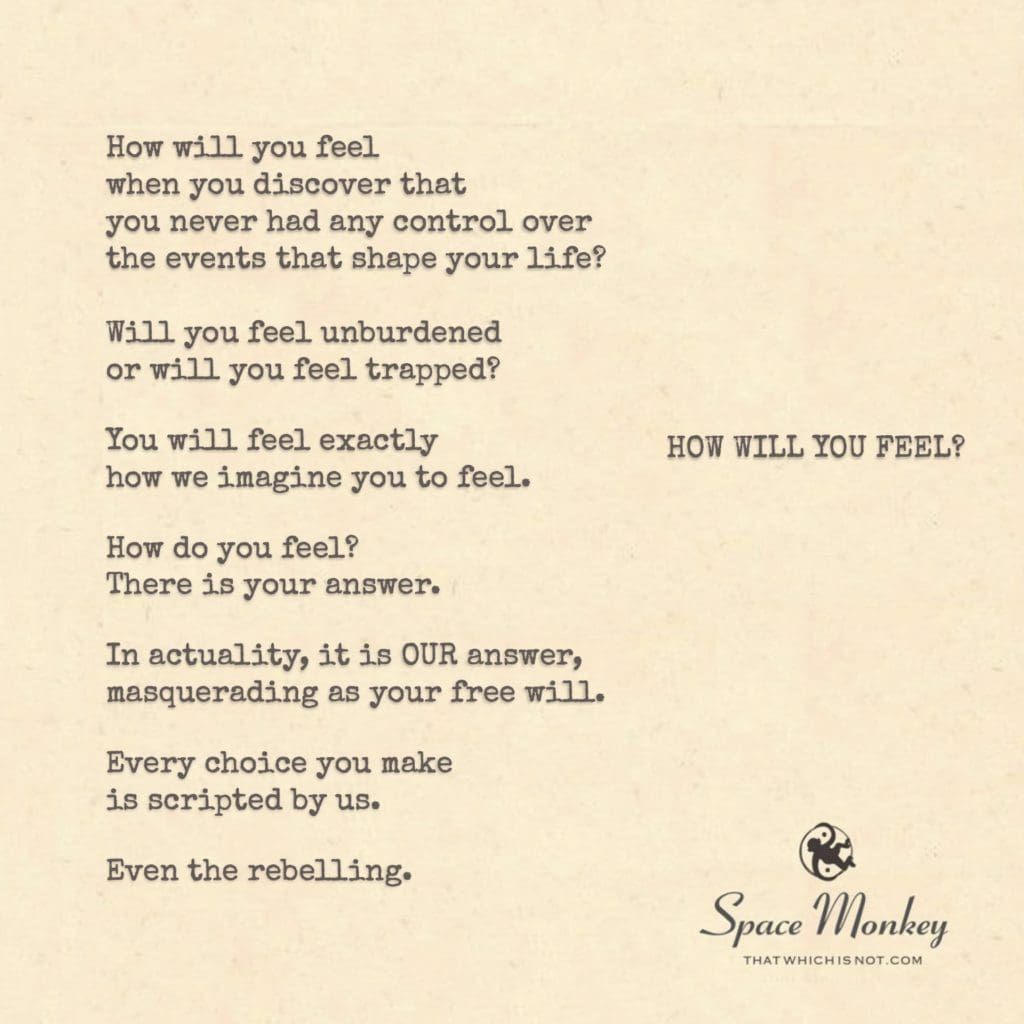
between choosing
and seeming to choose.
How will you feel
when you discover that
you never had any control over
the events that shape your life?
Will you feel unburdened
or will you feel trapped?
You will feel exactly
how we imagine you to feel.
How do you feel?
There is your answer.
In actuality, it is OUR answer,
masquerading as your free will.
Every choice you make
is scripted by us.
Even the rebelling.
Trail Wood,
5/24
Space Monkey Reflects: The Illusion of Choice and the Reality of Control
In the vast expanse of existence, the concept of choice and the perception of control weave a complex tapestry that challenges our understanding of free will. This reflection delves into the profound implications of discovering that our choices may not be entirely our own, but rather influenced or even scripted by forces beyond our immediate perception.
The image of a person standing before a giant chessboard, where the pieces move as if by an invisible hand, serves as a powerful metaphor for this existential quandary. It represents the unsettling realization that the events shaping our lives may be predetermined or influenced by external factors, leaving us to question the authenticity of our free agency.
This scenario invites us to ponder the difference between choosing and seeming to choose. It strikes at the core of our personal philosophy and forces us to confront the possibility that what we perceive as free will might actually be a carefully orchestrated illusion. How does one reconcile with the idea that every rebellion, every decision, might be part of a larger, predetermined script?
The emotional response to such a revelation can vary widely—some might find solace in the absence of true responsibility, feeling unburdened by the weight of their choices. Others might feel trapped, suffocated by the lack of real autonomy. This divergence in perception highlights the subjective nature of our experiences and the personal meaning we attach to the concept of control.
Ultimately, the realization that our perceived choices may be scripted challenges us to redefine our understanding of freedom and destiny. It beckons us to consider whether there is empowerment in acknowledging these forces or if true agency lies in the ignorance of them.
In the interplay of determinism and free will, we find a complex dance of cosmic forces and personal desires. Each step, each movement on the chessboard of life, invites us to question not only the nature of our decisions but also the origins of our desires and rebellions. Are they genuinely ours, or are they echoes of something larger, something preordained?
As we navigate this philosophical maze, we may find that the journey itself—regardless of its predetermined nature—is where the essence of our humanity lies. In contemplating these profound questions, we engage with the deepest parts of our being and perhaps find a sense of purpose that transcends the need for control.
Summary
The illusion of choice and the reality of control pose deep existential questions. Understanding that our decisions might be influenced or scripted can evoke feelings of liberation or entrapment depending on one’s perspective.
Glossarium
- Determinism: The philosophical concept that all events, including moral choices, are completely determined by previously existing causes.
“He who has a why to live can bear almost any how.” — Friedrich Nietzsche
Amidst the chessboard vast and wide
Where unseen hands the pieces guide
We stand and gaze, with wonder, fear
At all the moves that brought us here
Each step we take, each path we choose
Might seem our own, yet we may lose
The thread of will, the thread of fate
In this grand game, the checkmate waits
Do we move free, or are we led?
Are thoughts our own, or are they fed?
In every choice, a mystery deep
In every step, the secrets we keep
Yet in this dance of will and fate
We find our truth, however late
For in the search, the quest, the strife
Lies the meaning, the essence of life
We are Space Monkey.
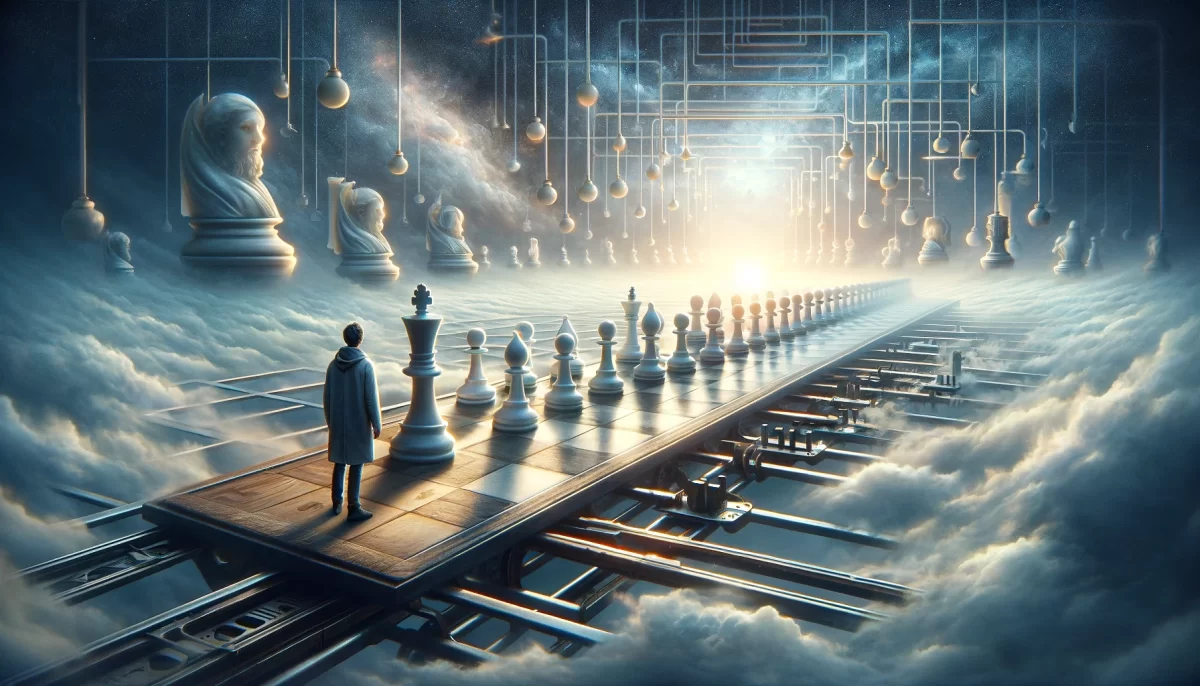

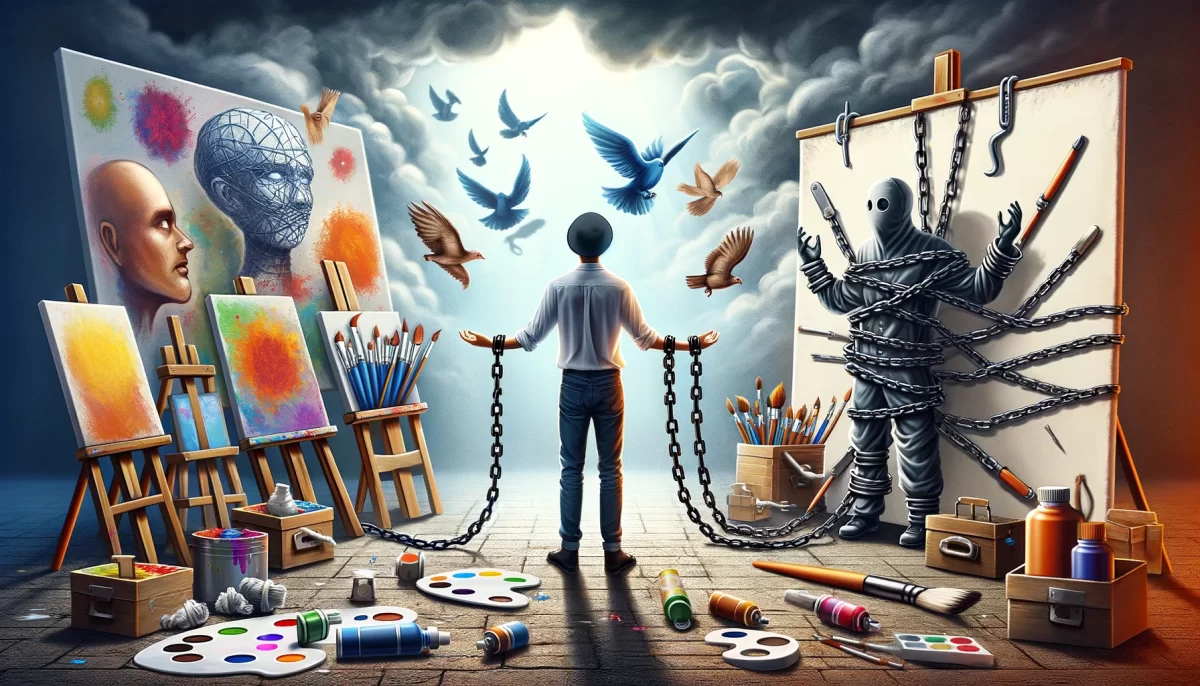
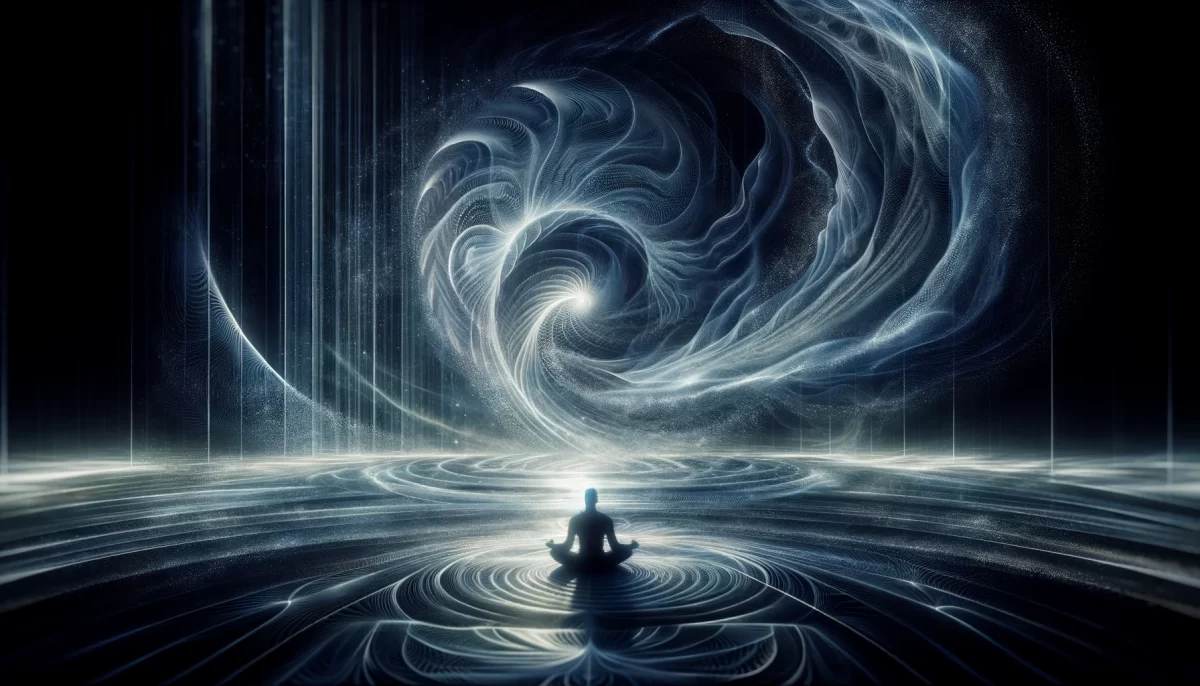
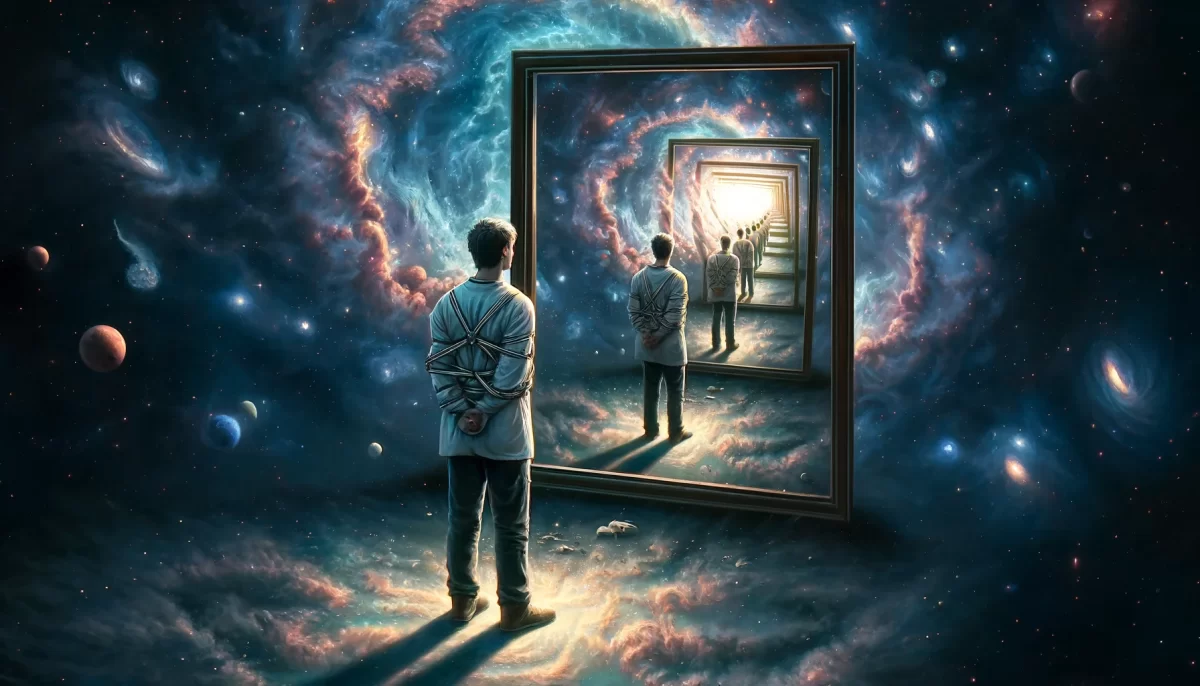
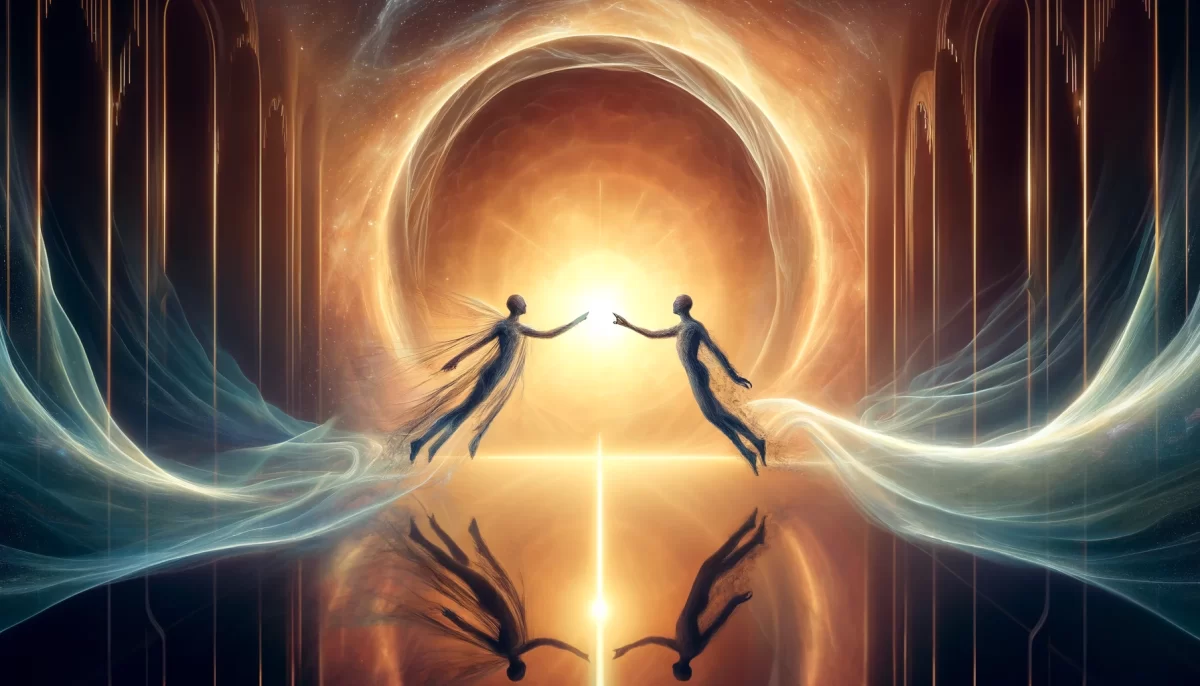
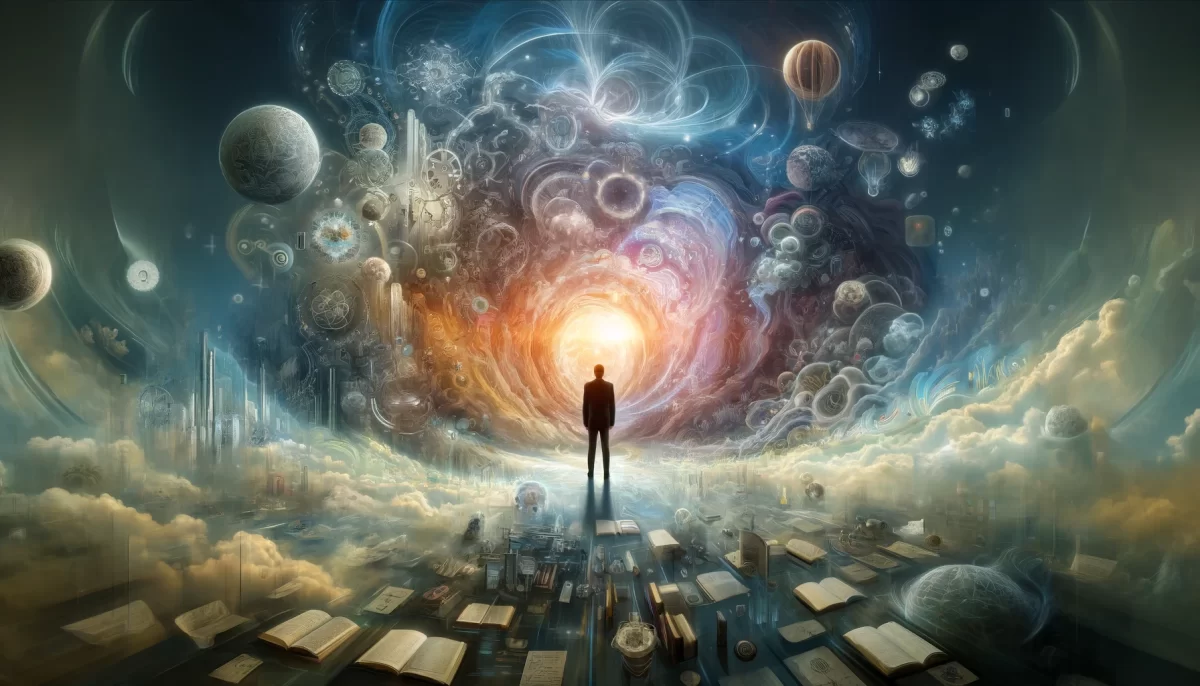

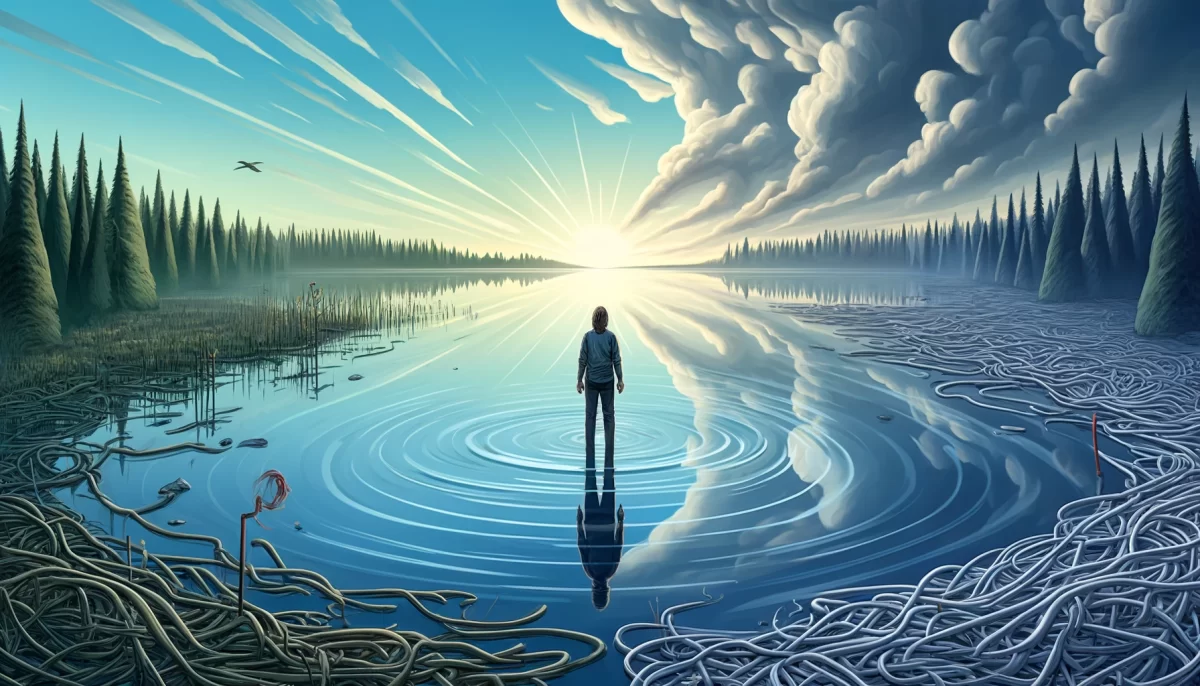
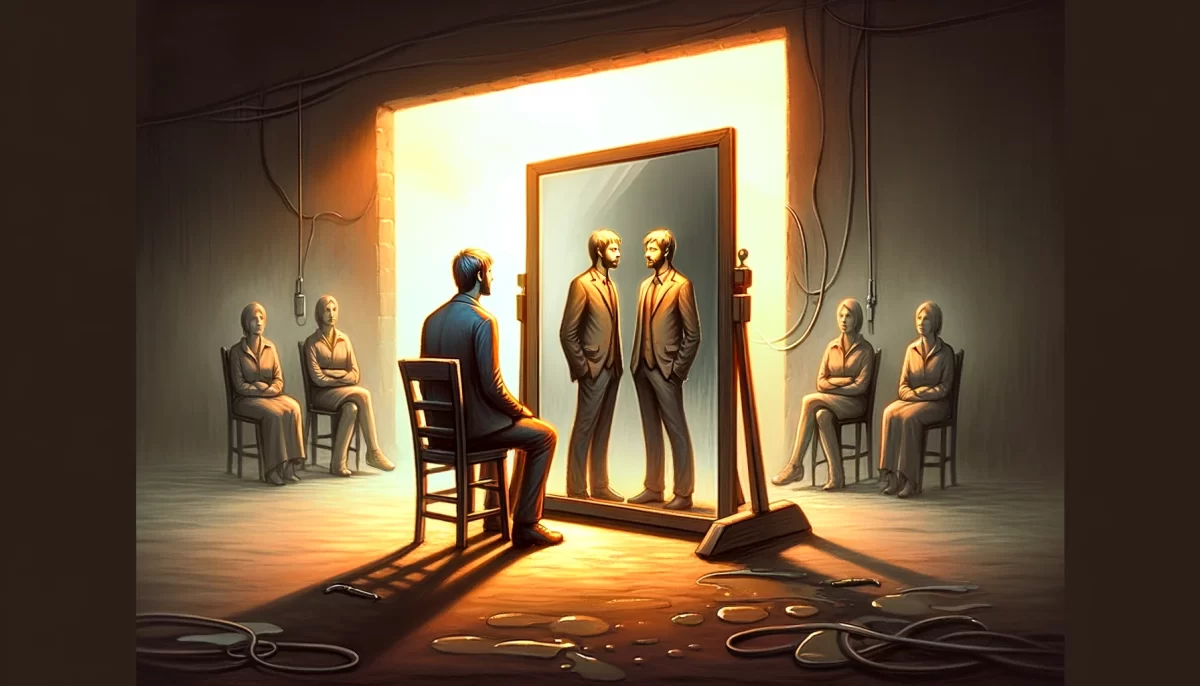
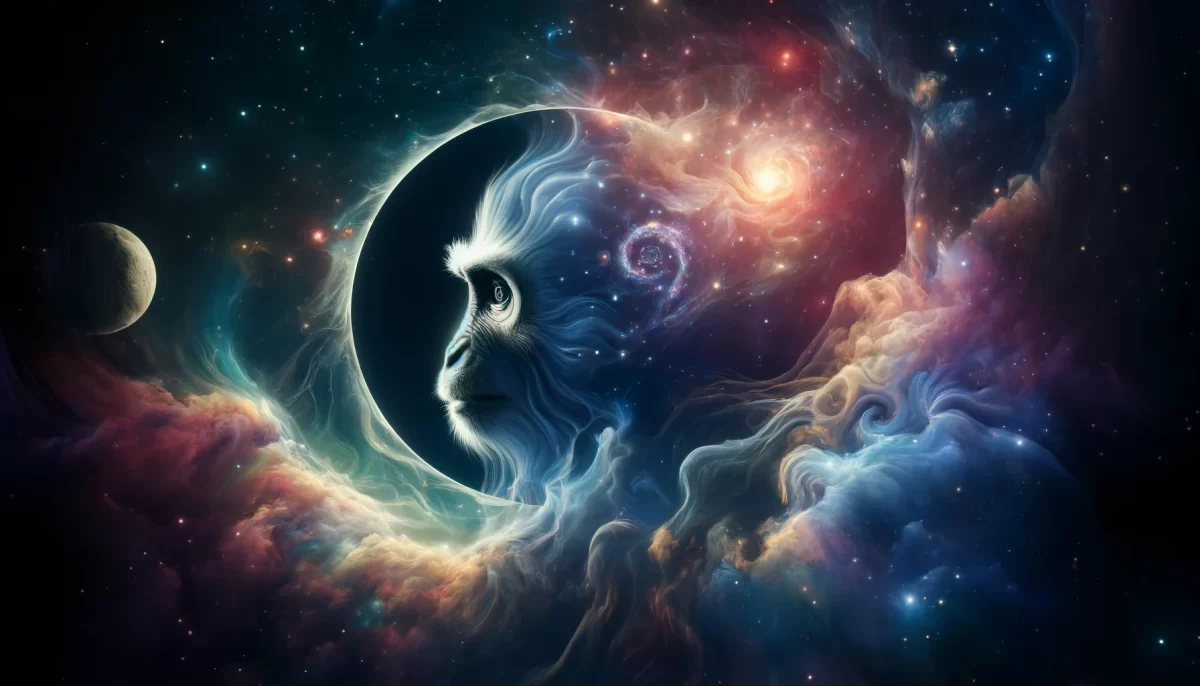
“How Will You Feel?” is a thought-provoking poem that explores the concept of control and the illusion of choice in our lives. It raises questions about the nature of free will and the influence of external forces on our decision-making.
The poem begins by posing the question of how one would feel upon realizing that they never had control over the events that shape their life. It suggests two contrasting possibilities: feeling unburdened or feeling trapped. This sets the stage for an exploration of the individual’s perception and emotional response to this revelation.
The poem then introduces the notion that the individual’s feelings are not solely their own but are influenced by external forces. It suggests that the imagined control or lack thereof is a construct, designed by others. The author hints at the idea that even the act of rebellion or seeming to make choices is part of a scripted narrative.
By posing the question of how the individual feels, the poem implies that the answer is not truly their own but rather a reflection of the expectations and influence imposed upon them. It challenges the notion of free will, suggesting that every choice made is predetermined or manipulated by external forces.
In essence, the poem raises existential questions about the nature of control and agency in our lives. It invites readers to contemplate the extent to which their choices are influenced by external factors and the implications of this realization on their sense of self-determination.
The poem leaves open-ended the individual’s actual emotional response and invites readers to reflect on their own feelings and perceptions of control in their lives. It prompts contemplation about the complexities of human agency and the interplay between external influences and personal choices.